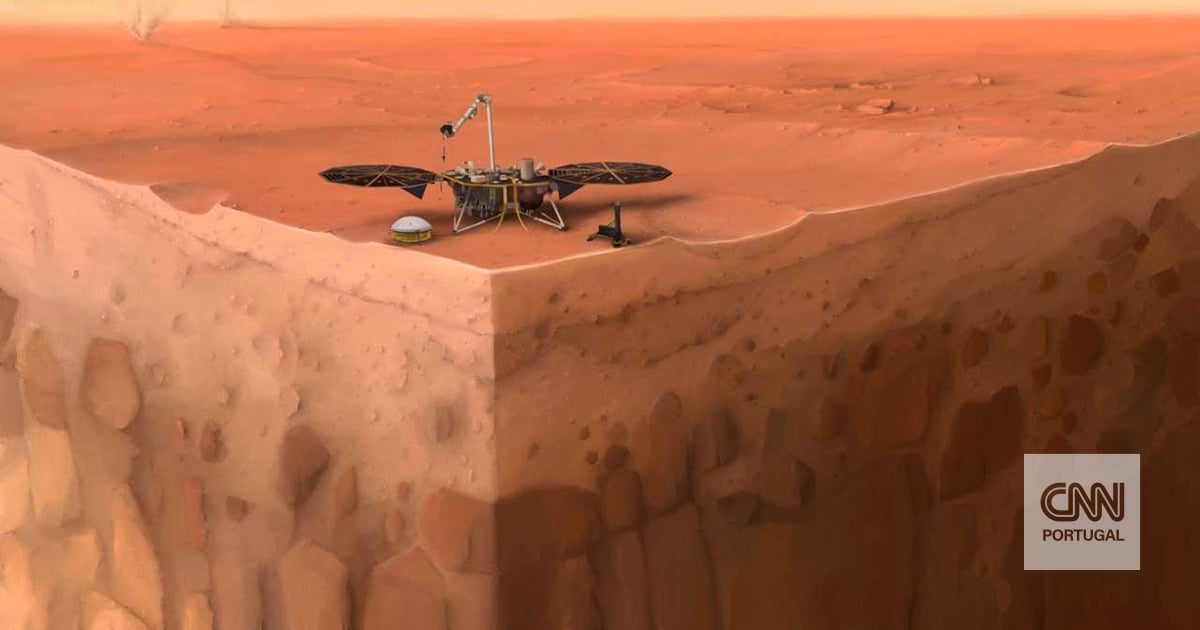The space agency wants to take at least some of the collected samples back to Earth sometime in the 2030s, at a cost of no more than $7 billion.
Officials from the North American space agency revealed on Monday that NASA's plan to bring samples from Mars to Earth is on hold until there is a faster and cheaper way.
Recovering soil and rocks from Mars has been on NASA's to-do list for decades, but the completion date continues to move forward as costs rise.
A recent independent analysis estimated the total cost at between $8 billion and $11 billion (7.5 billion and 10.3 billion euros, at current exchange rates), with an arrival date of 2040, about a decade later than the announced date.
NASA chief Bill Nelson believes the estimated date is too late and is asking private industry and space agency centers to provide other options for renewing the project.
NASA expects to receive any ideas by late fall.
With NASA facing widespread budget cuts, Bill Nelson wants to avoid destroying other science projects to fund the Mars Sample Project.
“We want to get all the new and innovative ideas we can get,” he stressed in a press conference.
NASA's Perseverance rover has already collected 24 core samples in tubes since its 2021 landing in Mars' Jezero Crater, an ancient river delta. The goal is to collect more than 30 samples to search for possible signs of ancient life on Mars.
The space agency wants to take at least some of the collected samples back to Earth sometime in the 2030s, at a cost of no more than $7 billion (6 billion euros).
This would require sending a spacecraft to Mars to remove the tubes and launch them off the planet. Then it must rendezvous with another spacecraft carrying the samples to Earth.
NASA's science mission chief, Nikki Fox, declined at the press conference to speculate on when the samples would arrive on Earth, offering a new program and timeline, or even how many samples might be returned.
“We have never launched from another planet, which is what makes transporting samples from Mars such a difficult and interesting task,” Fox said.
Scientists are eager to analyze authentic samples from Mars in their own laboratories, far beyond the kind of rudimentary tests conducted by spacecraft on the Red Planet.
Such in-depth testing would be needed to confirm any evidence of microscopic life dating back billions of years, when water flowed on the planet, according to NASA.
Nelson pointed out that the samples will help NASA determine where astronauts will go on Mars in the 2040s.

“Coffee trailblazer. Social media ninja. Unapologetic web guru. Friendly music fan. Alcohol fanatic.”

